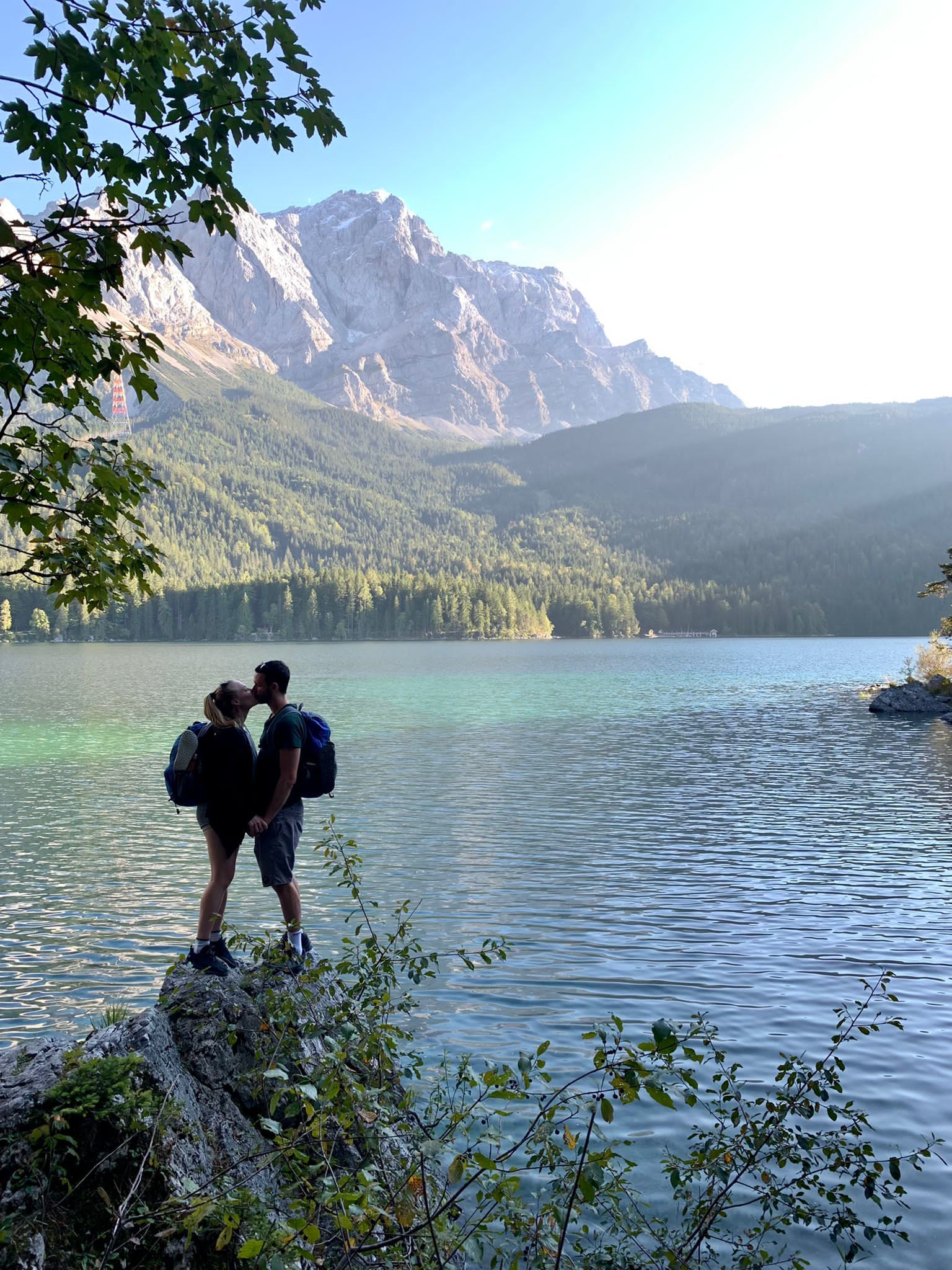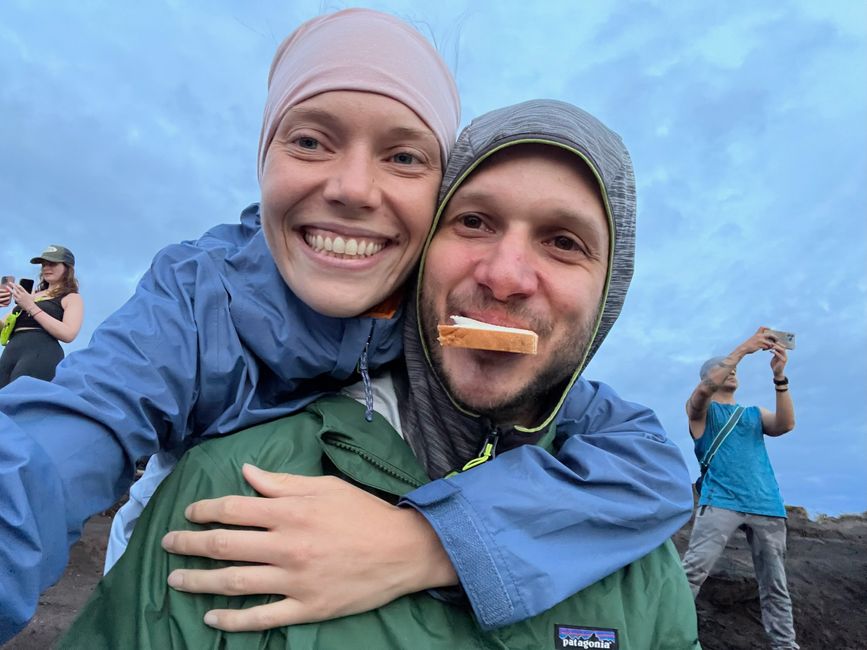
janas-und-philips-weltreise
vakantio.de/janas-und-philips-weltreise
Santa Cruz - Galapagos
Pibliye: 11.08.2023
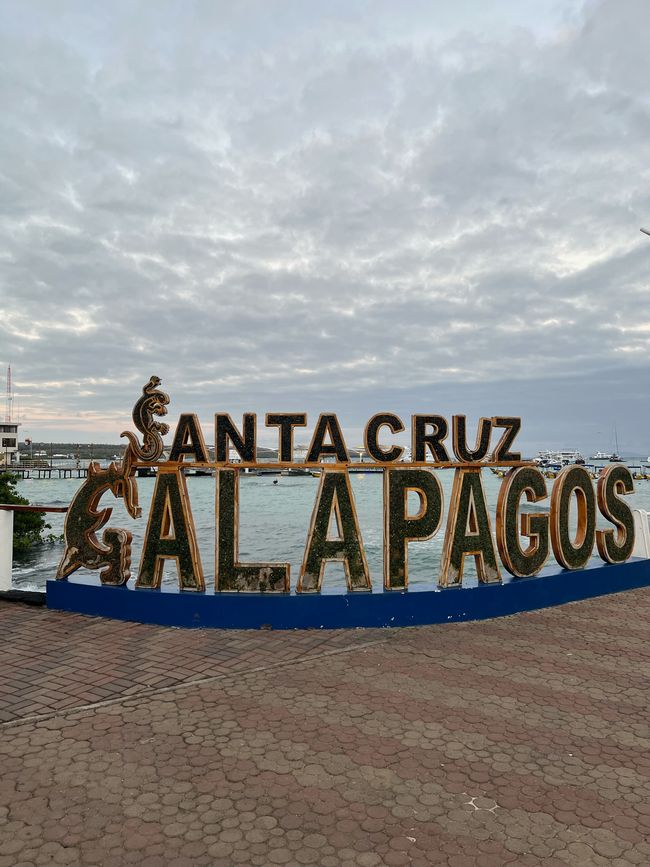
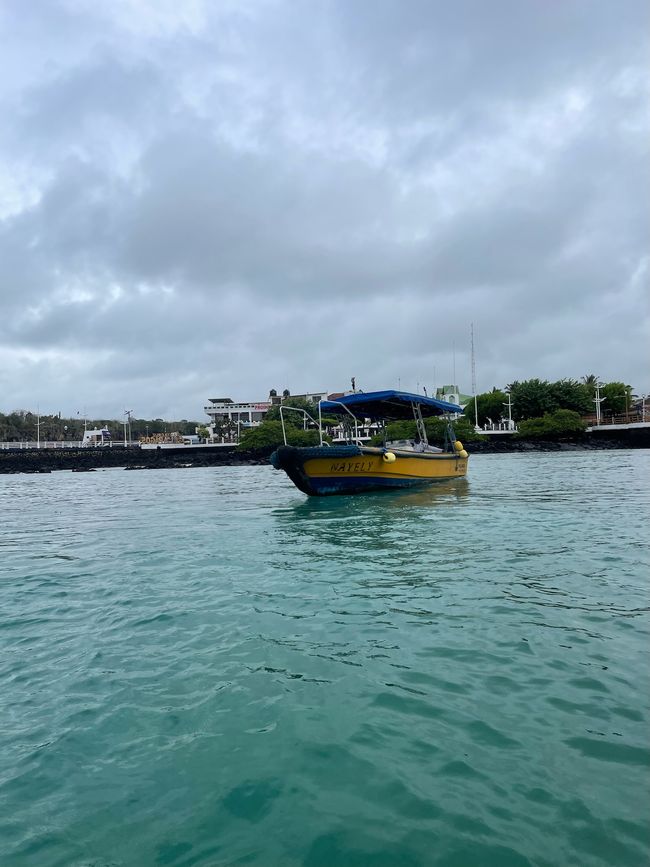
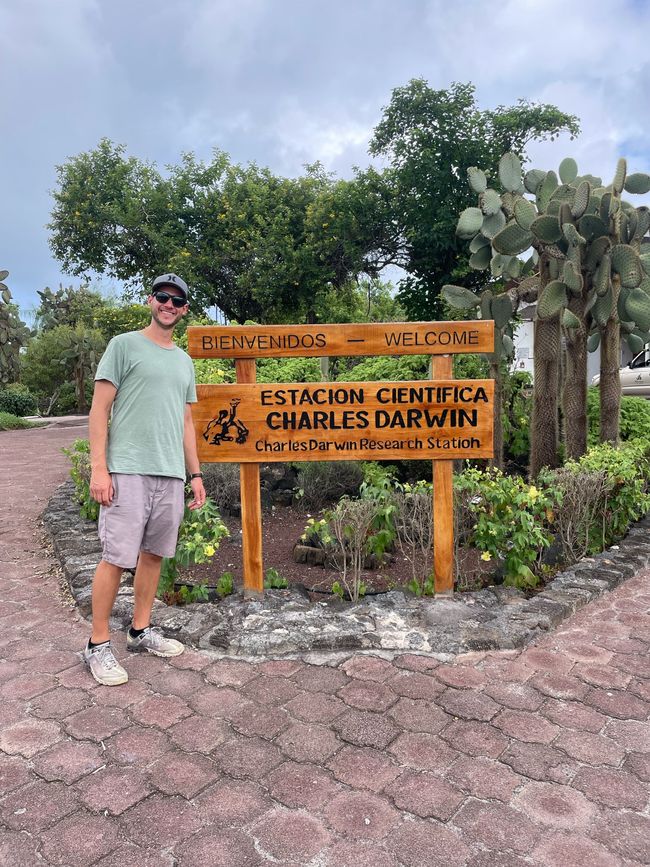
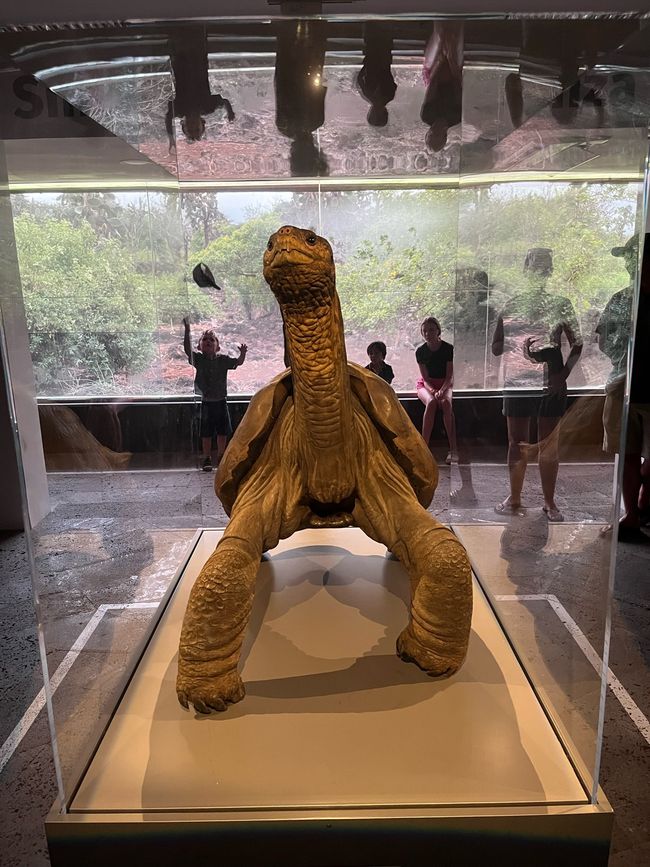
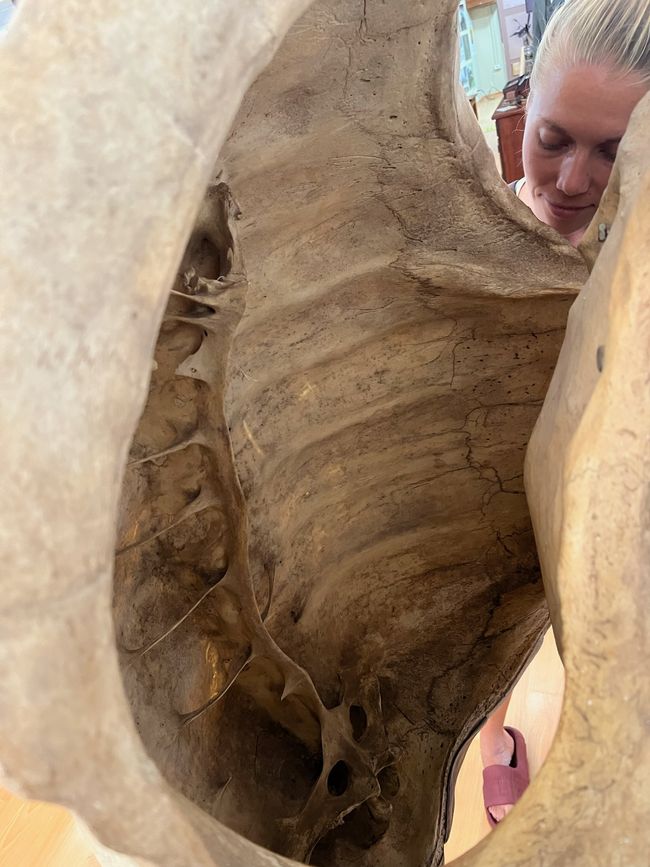
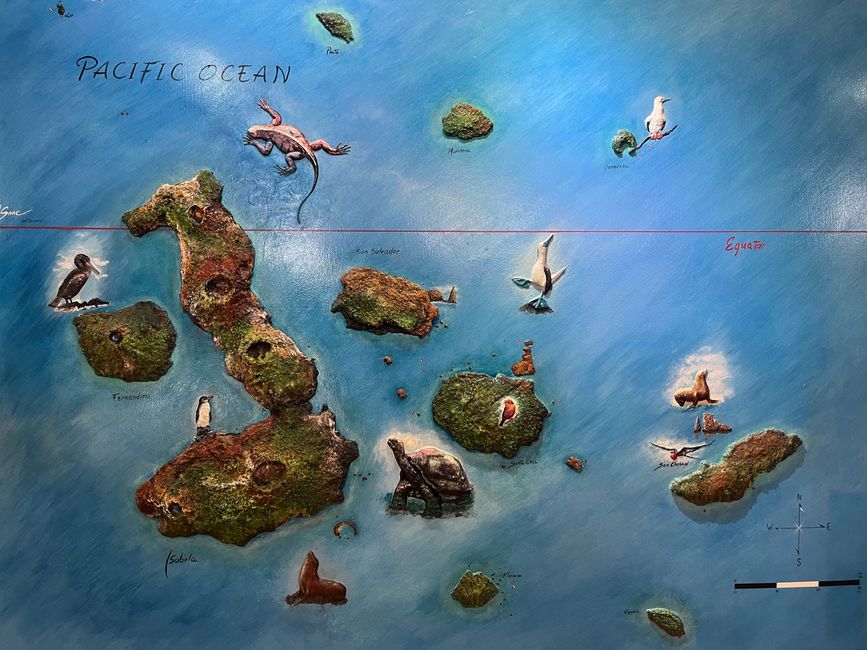
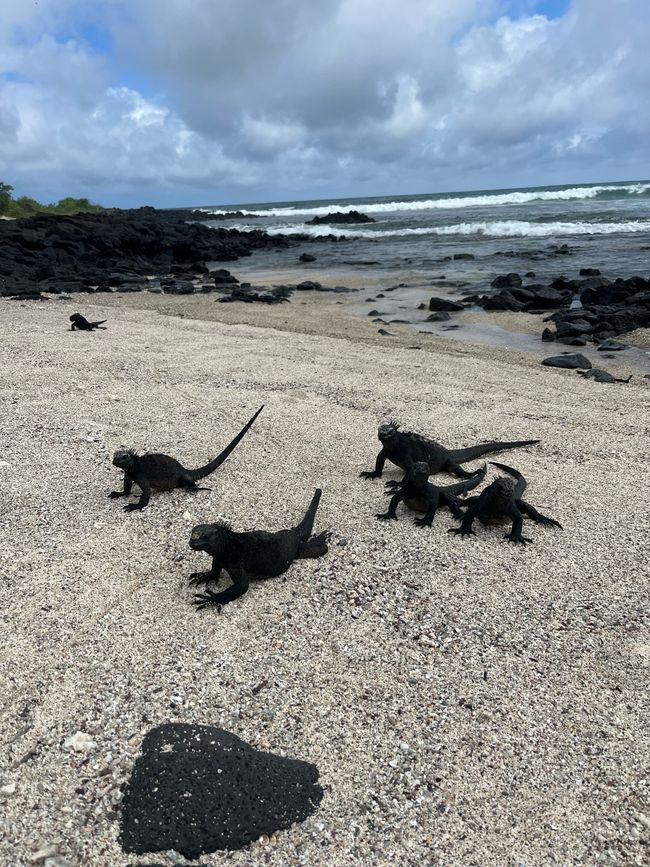
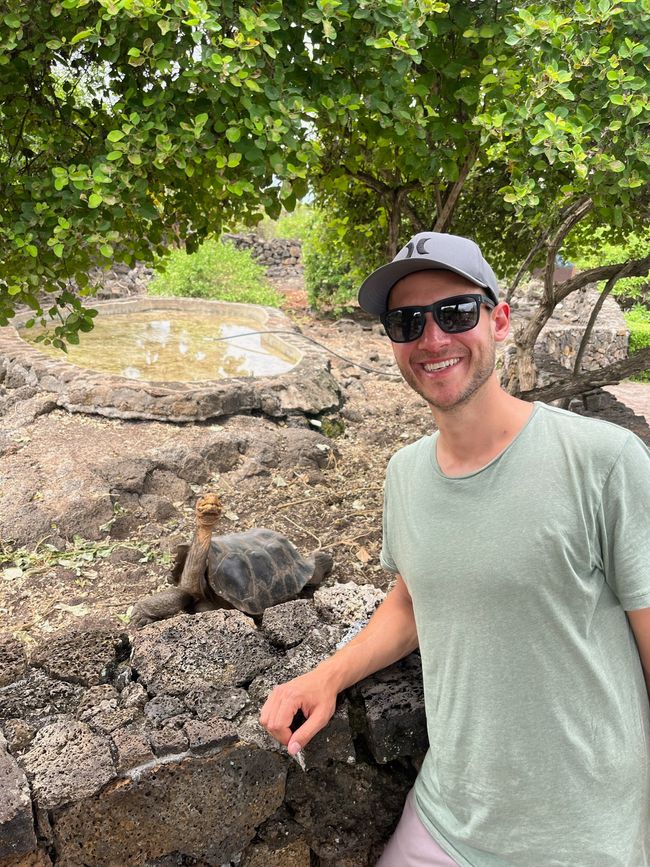
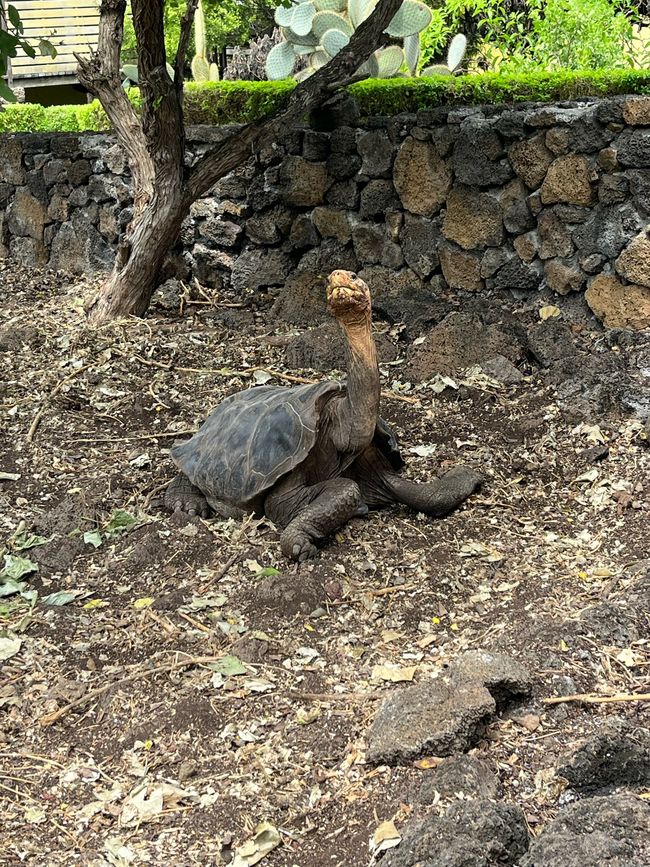
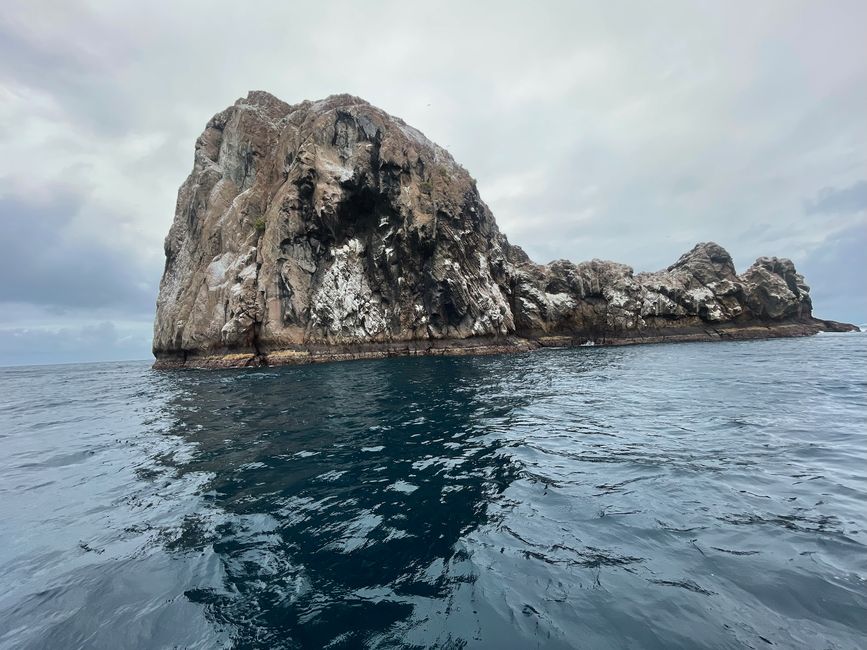
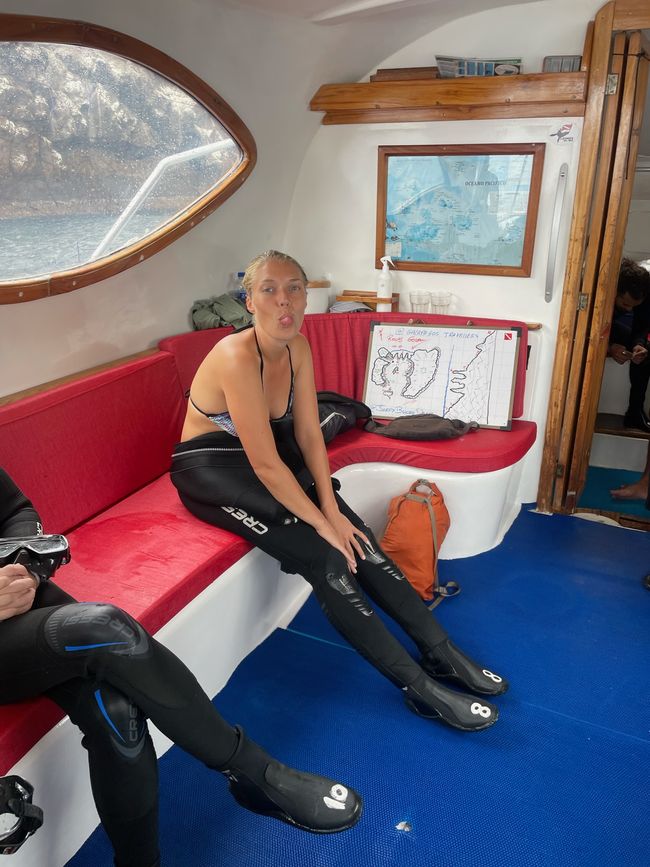
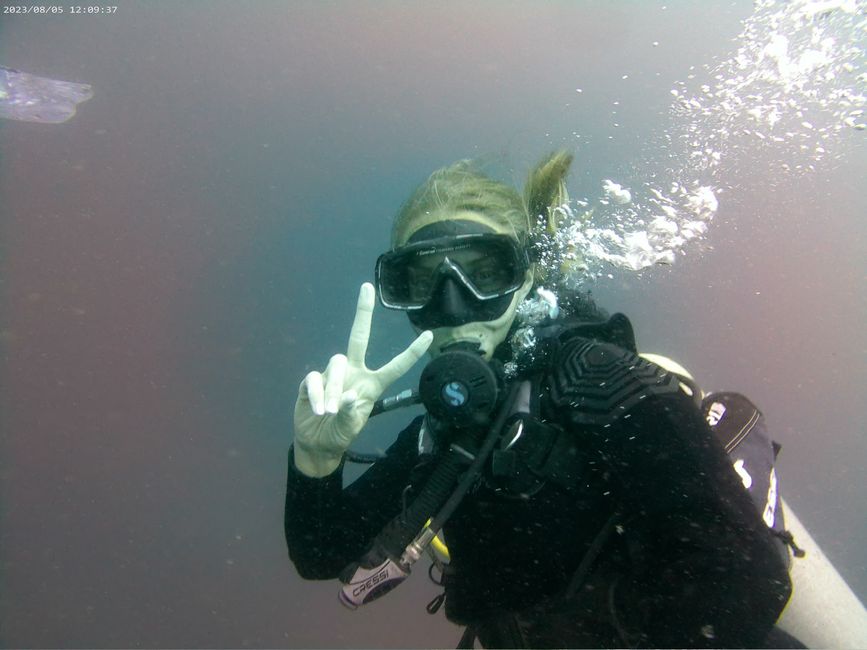
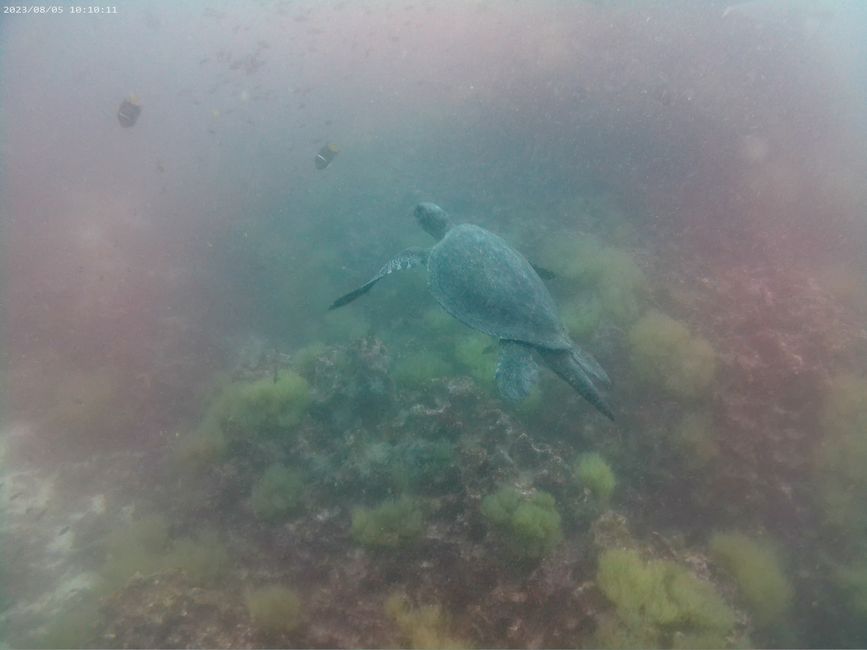
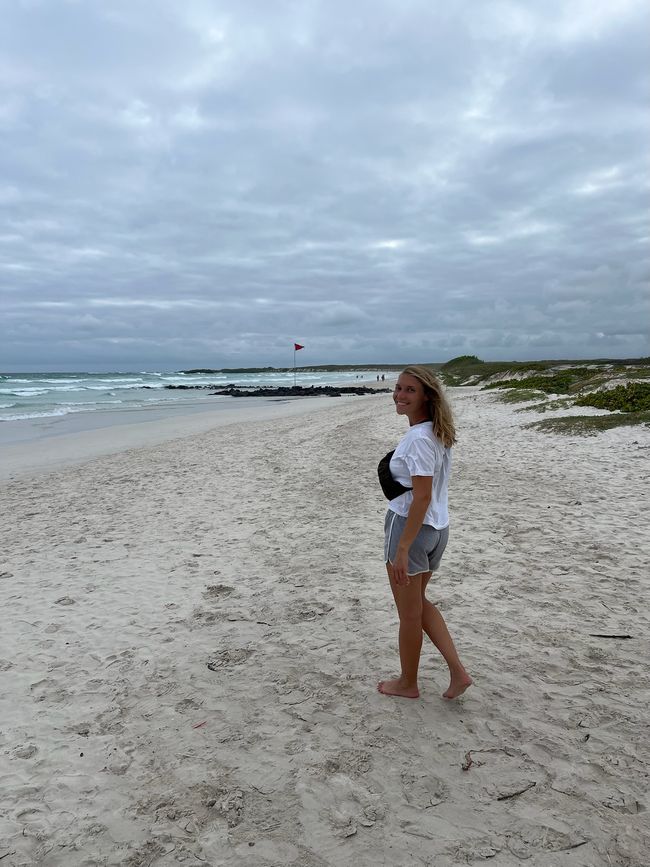
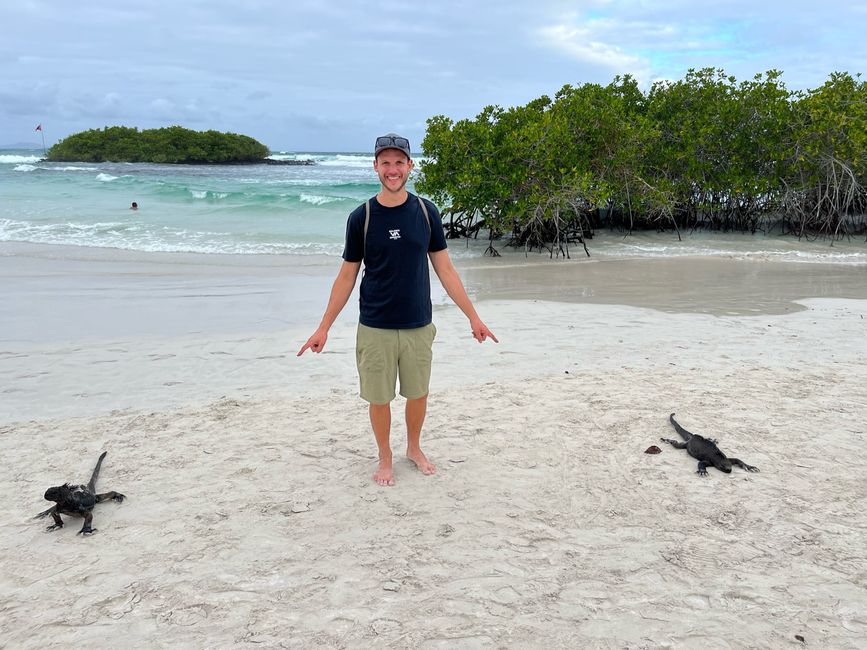
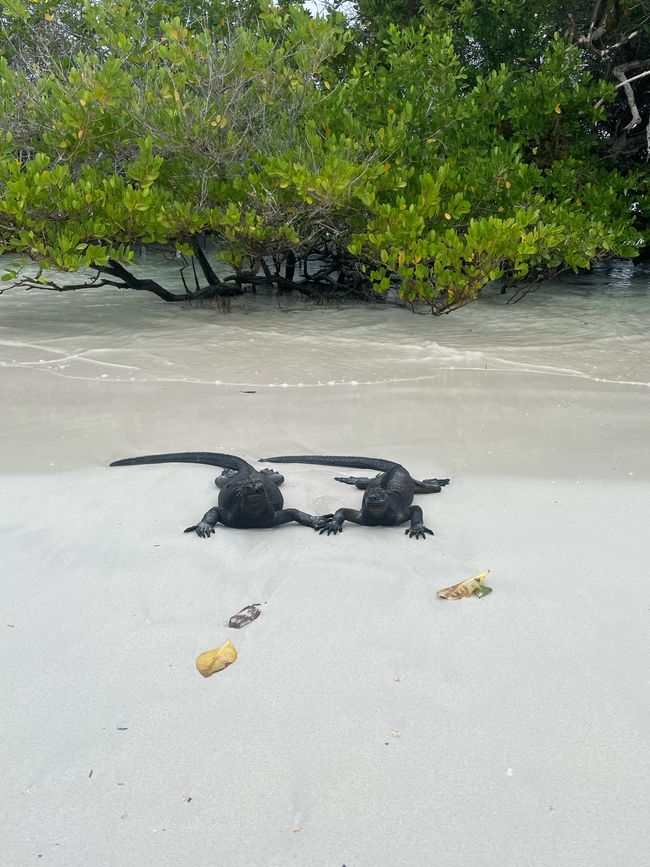
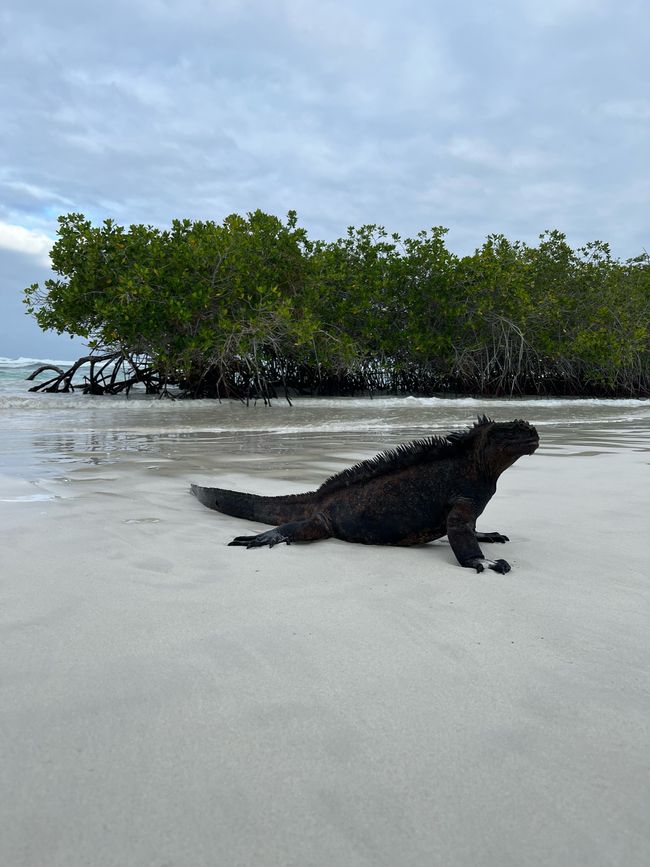
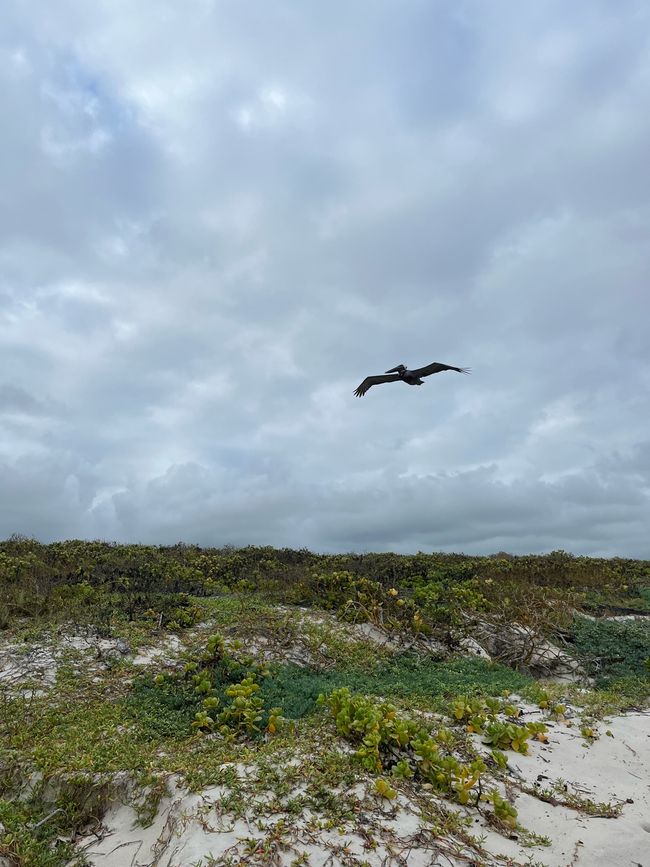
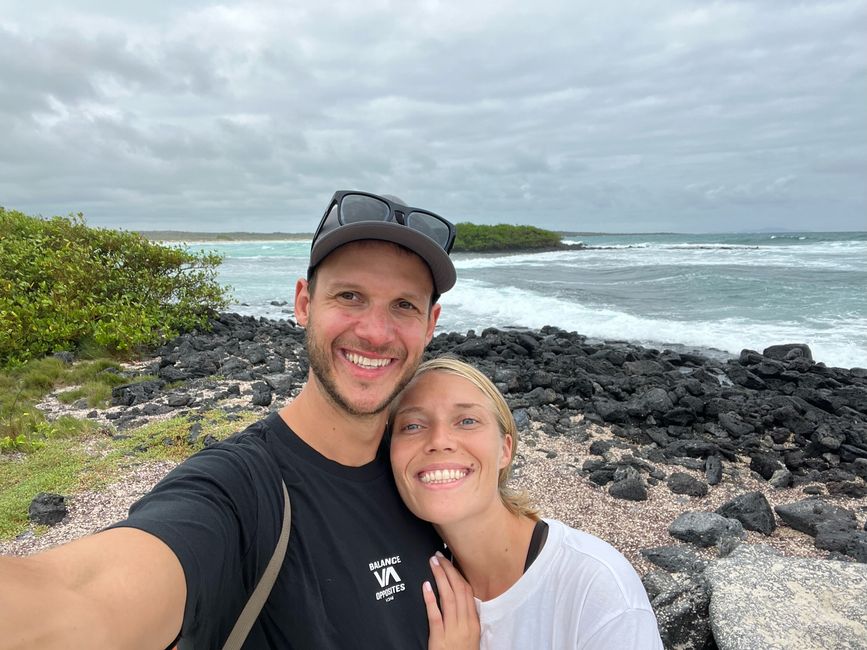
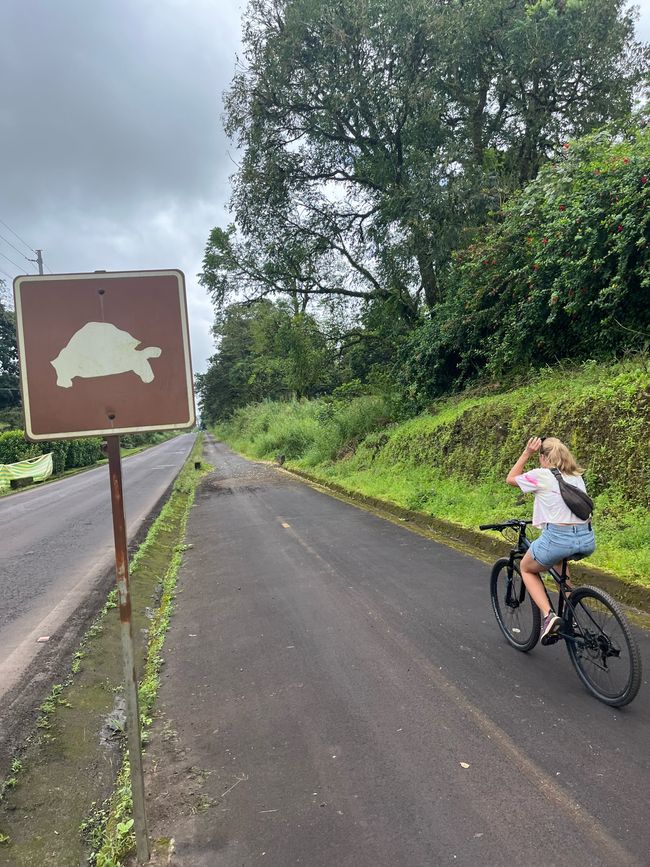
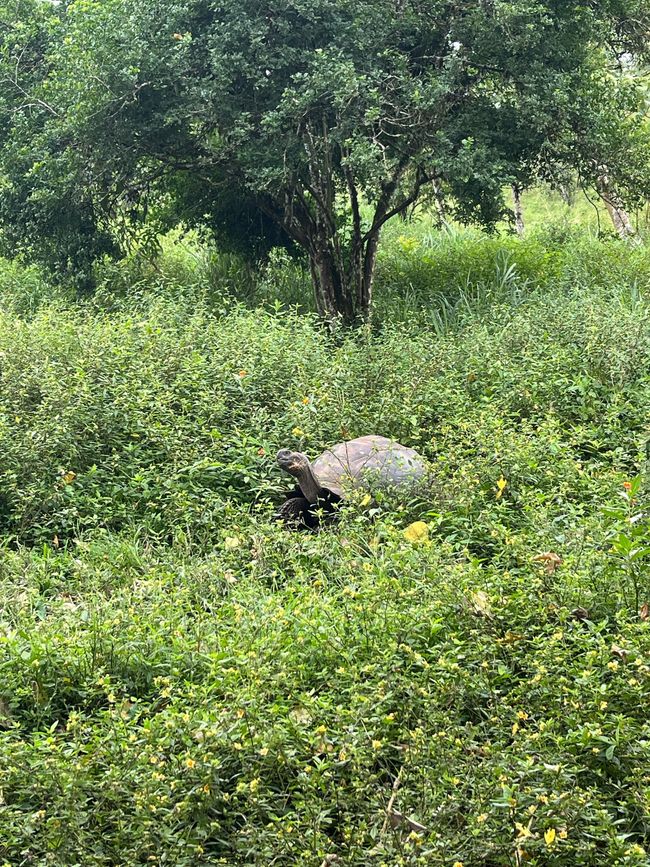
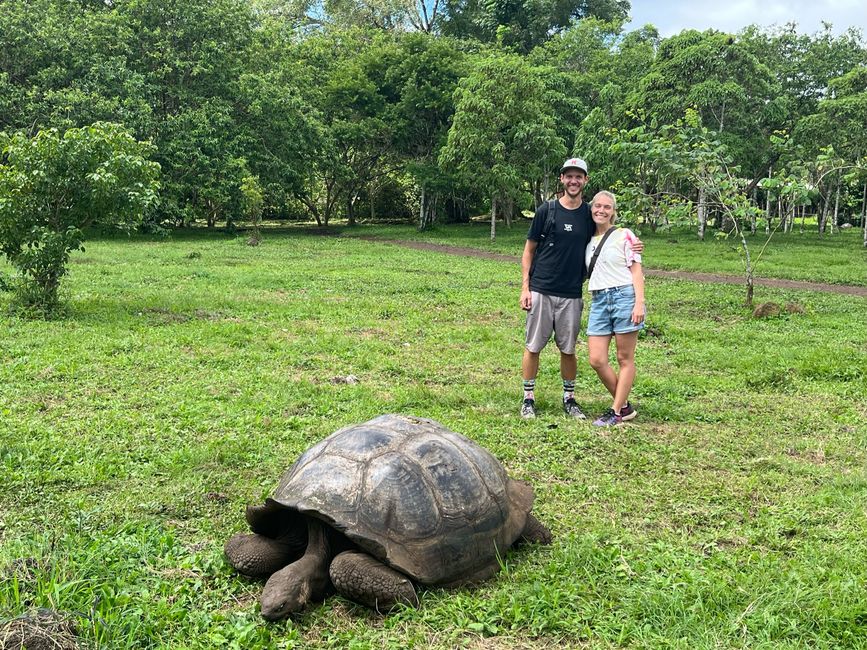
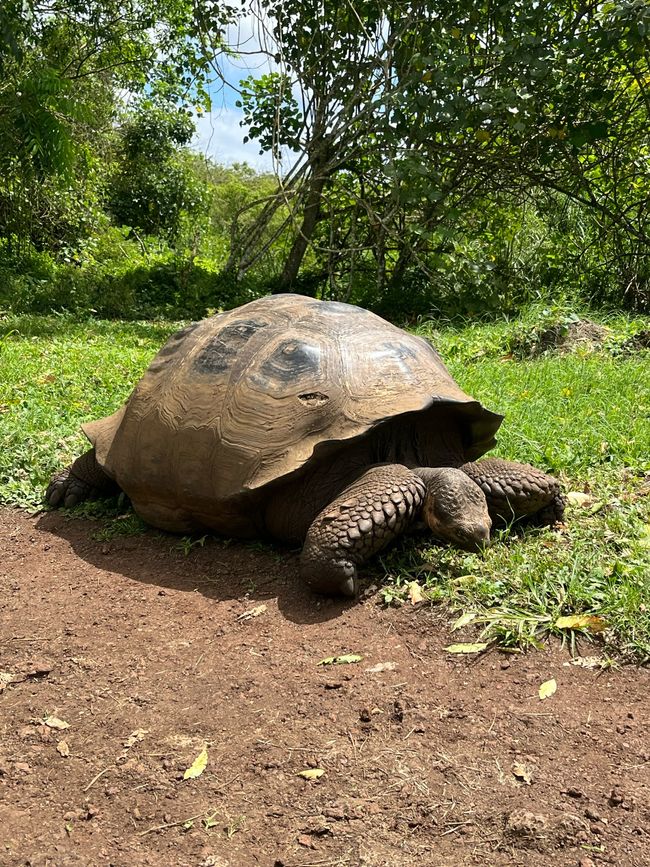
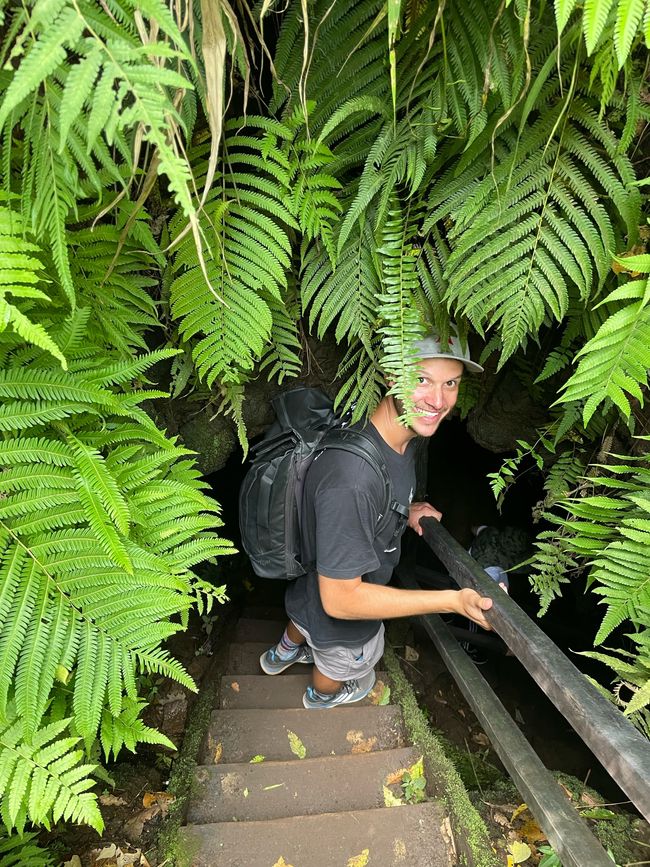
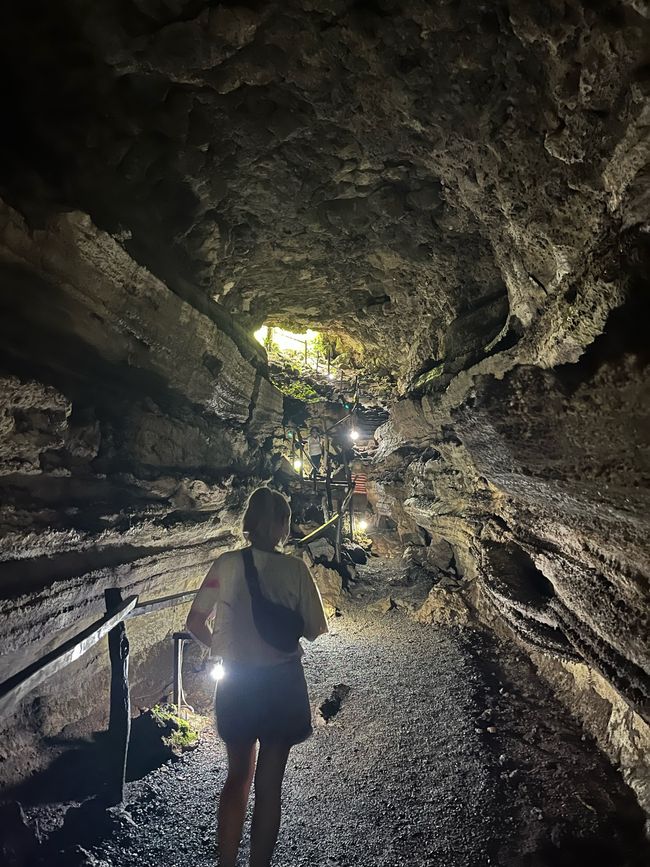
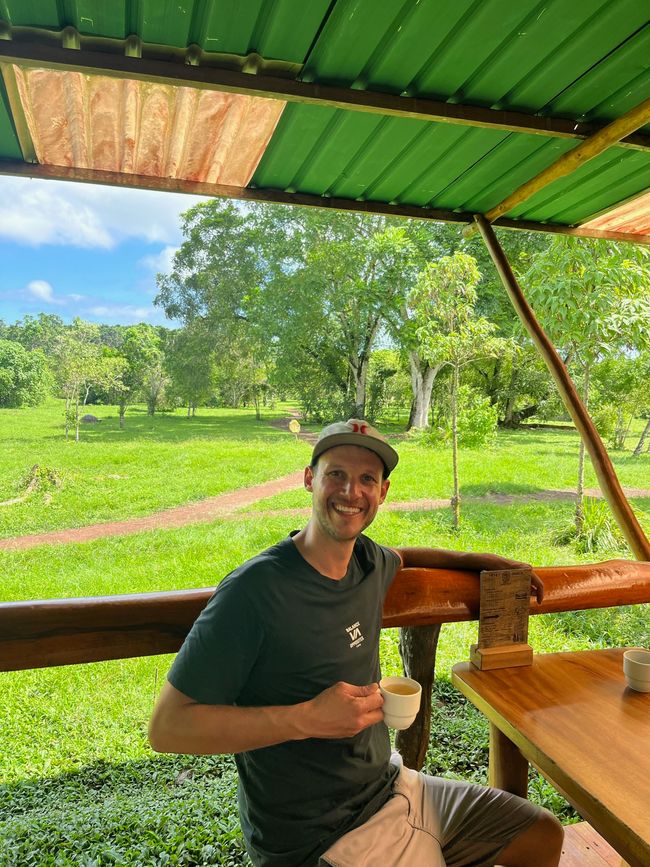
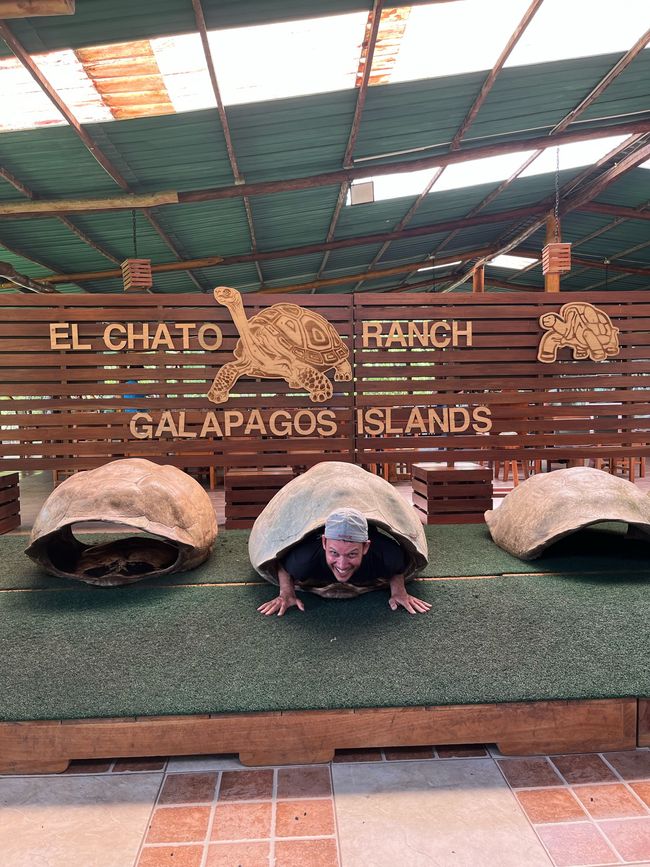
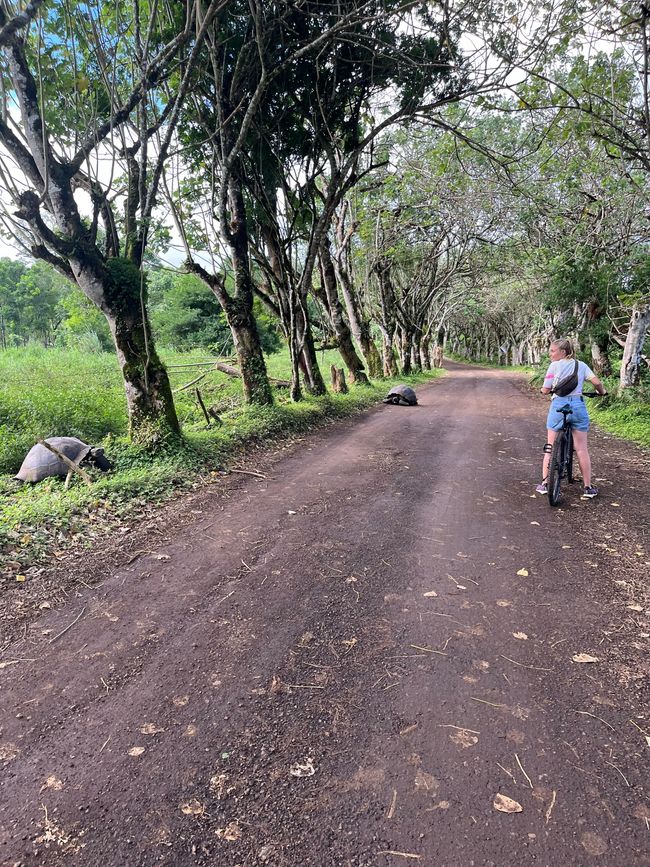
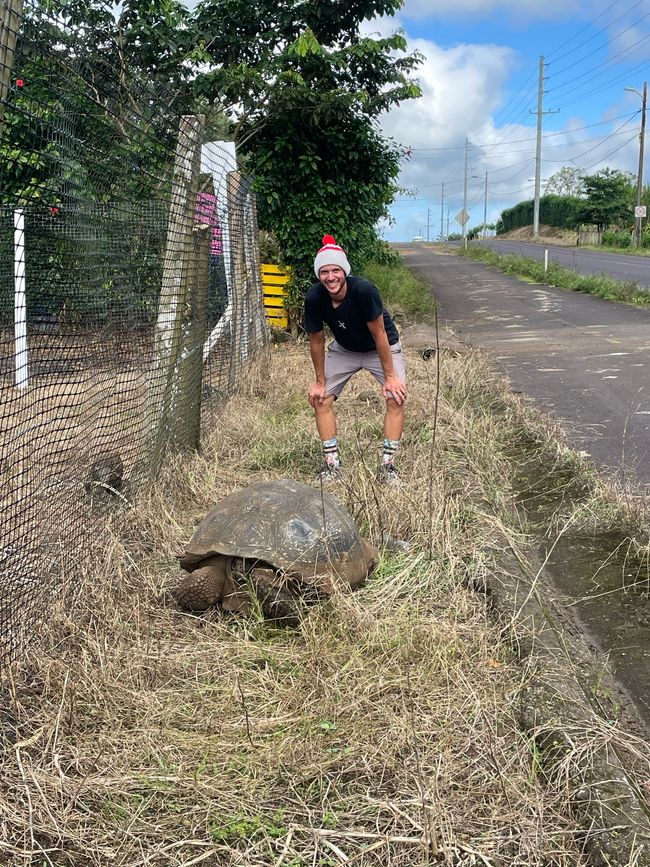
Abònman nan bilten
After a two-hour trip, during which we slept deeply and tightly thanks to the motion sickness tablet, we arrived at Puerto Ayora on the island of Santa Cruz, unfortunately covered in clouds. There are a total of 4 inhabited islands, of which Santa Cruz is the most populous. And we noticed this directly due to the many ships in the harbor and the significantly larger promenade. The sea lions were not as numerous here as on San Cristobal, but you can still see them in some places. But above all, we discovered incredibly many iguanas, lying crosswise on the paths and looking at us with their small dark eyes - they really look like wise, old, little dragons. This time we had booked an apartment with a kitchen, which had just been listed and had no reviews yet. It turned out to be an absolute stroke of luck, because it was super nice. After we had put down our backpacks, we visited the dive centers, because we also wanted to explore the underwater world on this island. Afterwards, we went to the "Darwin Research Center", where we learned about the work of Charles Darwin and saw old and young turtles again. Charles Darwin actually only spent a few weeks on the Galapagos Islands, but collected many samples and animals and developed the famous theory of evolution from them. Based on the special species of these islands, he formulated the theory that those who can adapt exceptionally well to their environment will survive. After we survived the group tour with a very curious guide, we strolled through the facility ourselves and observed iguanas on the beach, sitting side by side like a small gang and staring at us. Afterwards, we booked one of the coveted spots on a dive boat to the "Gordon Rocks" for the next day.
This dive spot is located far out to sea and is known for its strong currents, which is why it is actually only recommended for experienced divers. We would still consider ourselves inexperienced now, but the diving school was very relaxed and said we could still go. Gordon Rocks is supposed to be a paradise for large marine animals and we didn't want to miss out on that. On our boat were other rather inexperienced divers besides us, and we met two nice girls, Lauren from California and Inés from Spain, who currently lives in Chile. During the trip, the swell became stronger and when we arrived, the boat swayed a lot. Fortunately, we had already dealt with even higher waves in Australia, so we were relatively relaxed and just glad when we could get into the water. The swell was really strong, we even noticed it at depth, and together with the sometimes stronger currents, we were swept back and forth. Unfortunately, we had no luck with the animal sightings at first, so it was more of a technically demanding dive for us, which was another experience that we mastered very well. During the second dive, we had a little more luck and saw two hammerhead sharks and in the distance a devil ray, which belongs to the same family as the manta ray! We cheered underwater, because we had been searching for these rays in vain since Indonesia. Now we only need the giant mantas 😉. After the wavy return trip, we went to a small restaurant and chatted with Inés and Lauren. In the afternoon, we walked to Tortuga Bay, a beautiful long white sandy beach. Here we saw many iguanas and pelicans above us. In the evening, we met up with the girls from diving in a bar, where we also met Jasmin from Switzerland. After a few beers with really good live music, the three of us cooked together in our apartment and then fell tired into our bed.
The next day, we rented two rickety mountain bikes and pedaled the long way to the "El Chato Ranch", unfortunately mostly uphill 😅. This ranch houses land tortoises that roam freely here and we had already encountered them a few times on the way. We were given a guided tour with interesting information about the animals. The oldest companion there is about 130 years old and we have a photo with him! Generally, these tortoises can live up to 200 years and weigh 300kg! After the tour, we walked through various lava tunnels that were formed here a long time ago after the lava hardened. The facility was really beautiful and we had a tea with a view of the tortoises. The way back was downhill and we rolled back to the town relaxed. Then we sat on the beach for a short while and let the day end comfortably.
The next day we will continue to the third and last island of our Galapagos trip, namely the largest of the three, Isla Isabela.
Abònman nan bilten
Repons
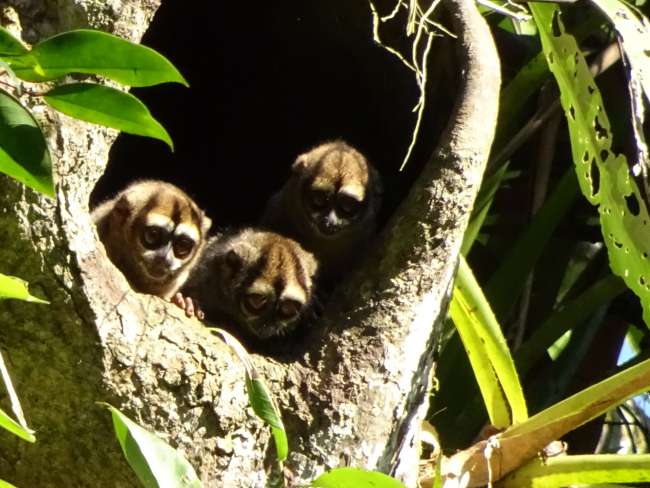
Rapò vwayaj Ekwatè
